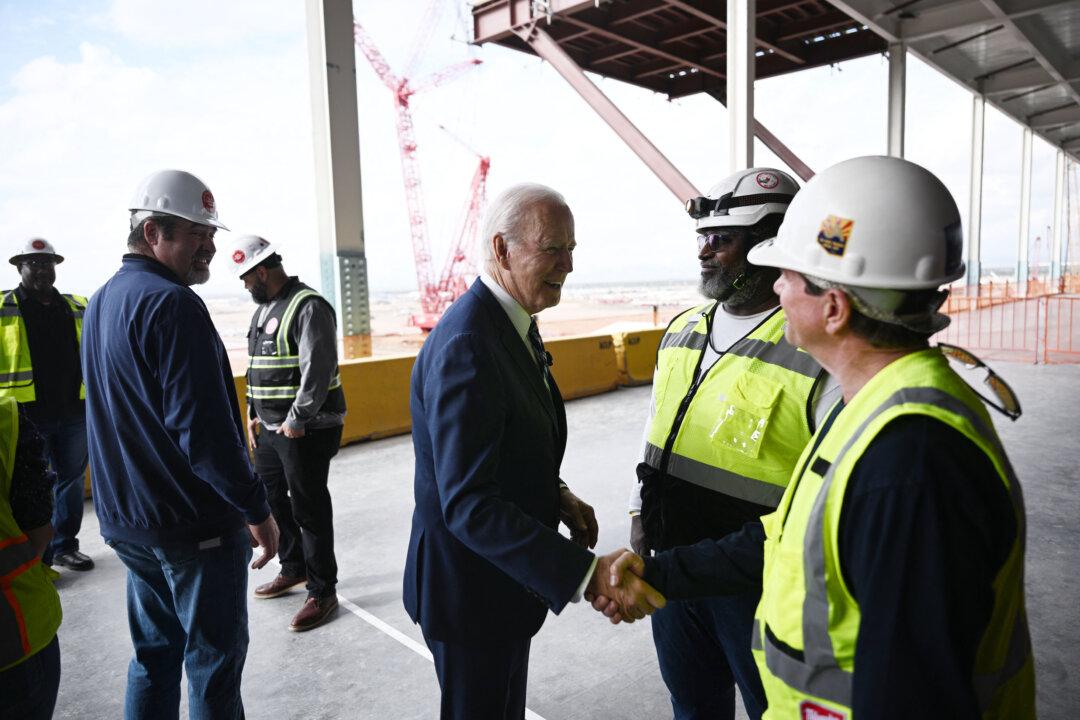News Analysis
Taiwan Semiconductor Manufacturing Company (TSMC) recently announced the opening of a second chip plant in Arizona and increased its U.S. investment from $12 billion to $40 billion.

Taiwan Semiconductor Manufacturing Company (TSMC) recently announced the opening of a second chip plant in Arizona and increased its U.S. investment from $12 billion to $40 billion.